Do you ever wonder if we are a species of idiots?
I generally don’t feel that way, actually, but sometimes it seems like the only viable hypothesis. It explains SO many things about our behaviors.
This afternoon I read that lots of young women in this country think that exposing themselves to harmful radiation on a regular basis for the purpose of slightly changing the color of their skin is a good idea.
Question: Is this dumb, or smart?
Answer: Dumb. The increase in risk level for skin cancer as a result of using a tanning bed is 100 percent for those younger than 25, and 75 percent for those under 35.
Don’t worry, lots of guys are dumb too, as are almost all groups of people, divided any way you like — age, gender, race, geographical origin, religion, cultural heritage, etc. All groups do things that are bad for us, more often than not with a pretty good grasp of the facts about what makes the practice dumb.
I won’t bother to list examples beyond tanning and smoking, though, because despite the fact that culturally ingrained practices are dumb, they are often passionately defended by their practitioners. And, let’s face it, there’s just not enough space here for equal opportunity mockery of all of our traditions, so if your family or friends love to eat fried food, binge drink, self-flagellate, do drugs, run marathons, drive fast, or listen to terrible, terrible music (Bieber, Public Health Enemy No. 468), I am not going to take you to task at the moment. Rest easy, your practice is safe from my attention, but be aware that you are probably doing something dumb on a regular basis.
Smoking is one of my favorite examples, but not for the general populace, although I think we can agree that most smokers know that their habit is harmful. What really amazes me are the health care workers who I see at the side entrance of hospitals or long term care facilities, taking their smoke break. There are few people out there who have a clearer idea of the harm they are inflicting on themselves.
Obviously I don’t have any suggestions about how to alter the fact that we all do things that are bad for us. If I did, clearly I would have applied for my grant from the Robert Wood Johnson Foundation, hired a staff of investigators, and maybe patented something.
The obvious solution — more education — has a fatal flaw, exemplified by the smoking nurses: it doesn’t work. People who know better just do it anyway. This isn’t true of all behaviors, or all groups — harm reduction strategies in Baltimore and elsewhere involving educating IV drug users about needle re-use have been quite effective over the past 30 years, leading to lower infection rates for HIV, Hepatitis C, and other diseases.
Maybe the true problem is that education efforts are ineffective. Some are unfortunately ineffective because they operate based on incorrect assumptions, such as those with a strong basis in religious or cultural opinion rather than fact, like abstinence-only pregnancy prevention programs or vaccine avoidance. However, there are lots of hours and dollars spent on methods that are scientifically validated, and yet many long term, population level problems persist. According to a 2012 publication from the World Health Organization, effective health education requires interventions at individual, local, regional, and state and/or national levels. This requires comprehensive policy guidance that presupposes informed, or at least engaged politicians and leaders, which is not always the case.
Money is a factor as well, of course, both in the form of raw capital needed to produce materials and pay salaries, but also in terms of competing interests. Often the things we do that we know we shouldn’t have a strong economic interest behind them, and so those who try to counteract the negative effects of the behaviors are working against vested interests as well as their clients/friends/family members.
In the meantime, remember that family and peers have the greatest level of influence on behavior, so be an advocate for the well-being of those around you.



